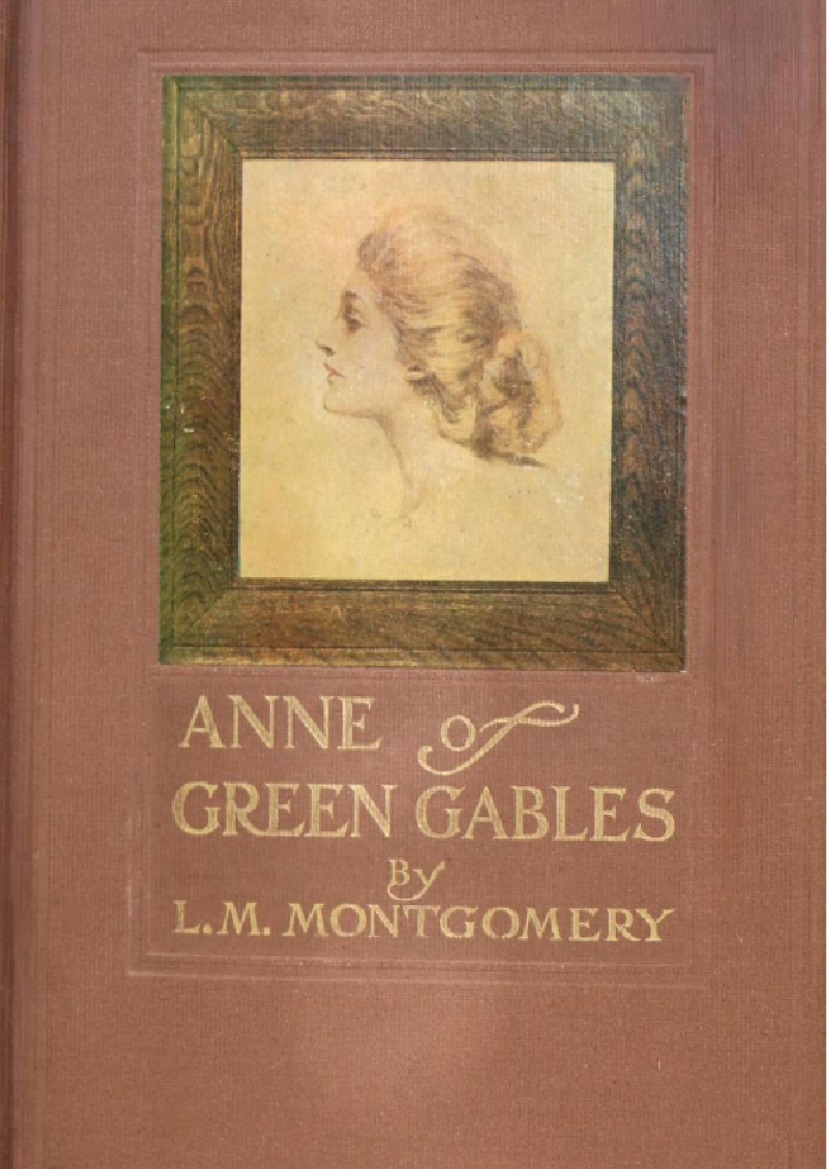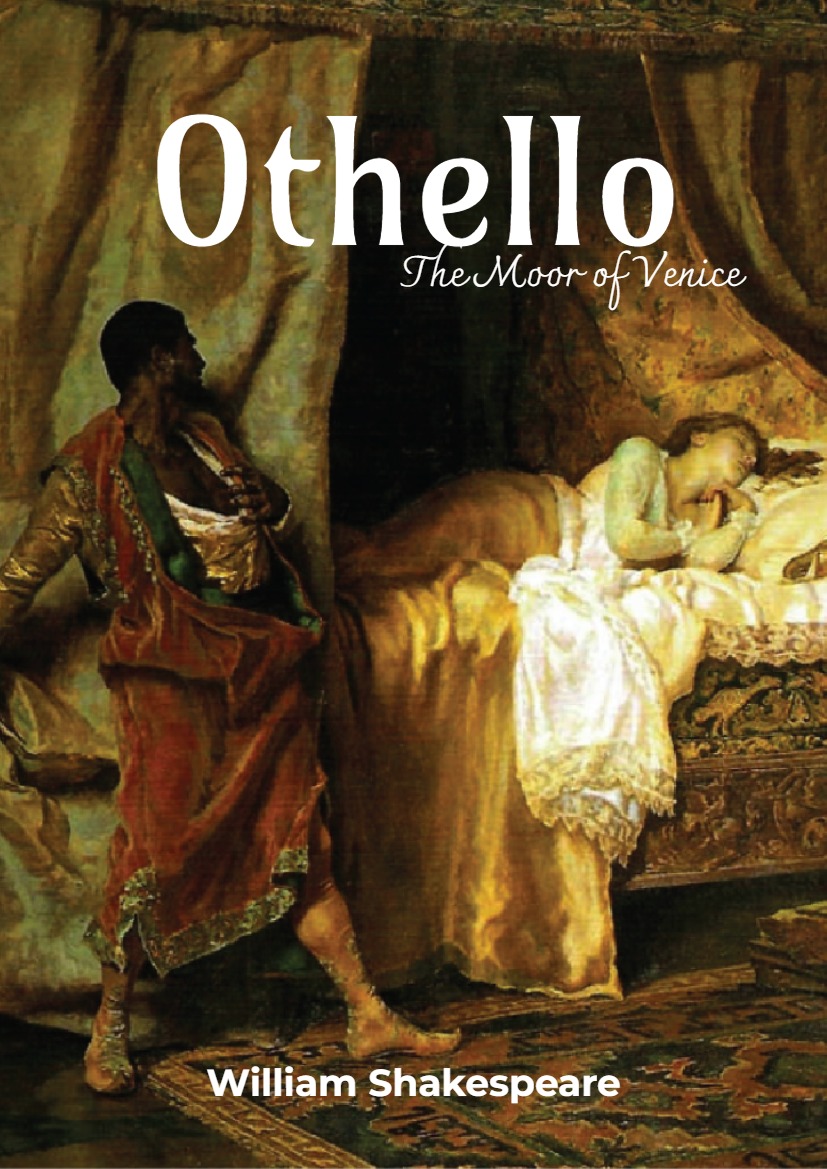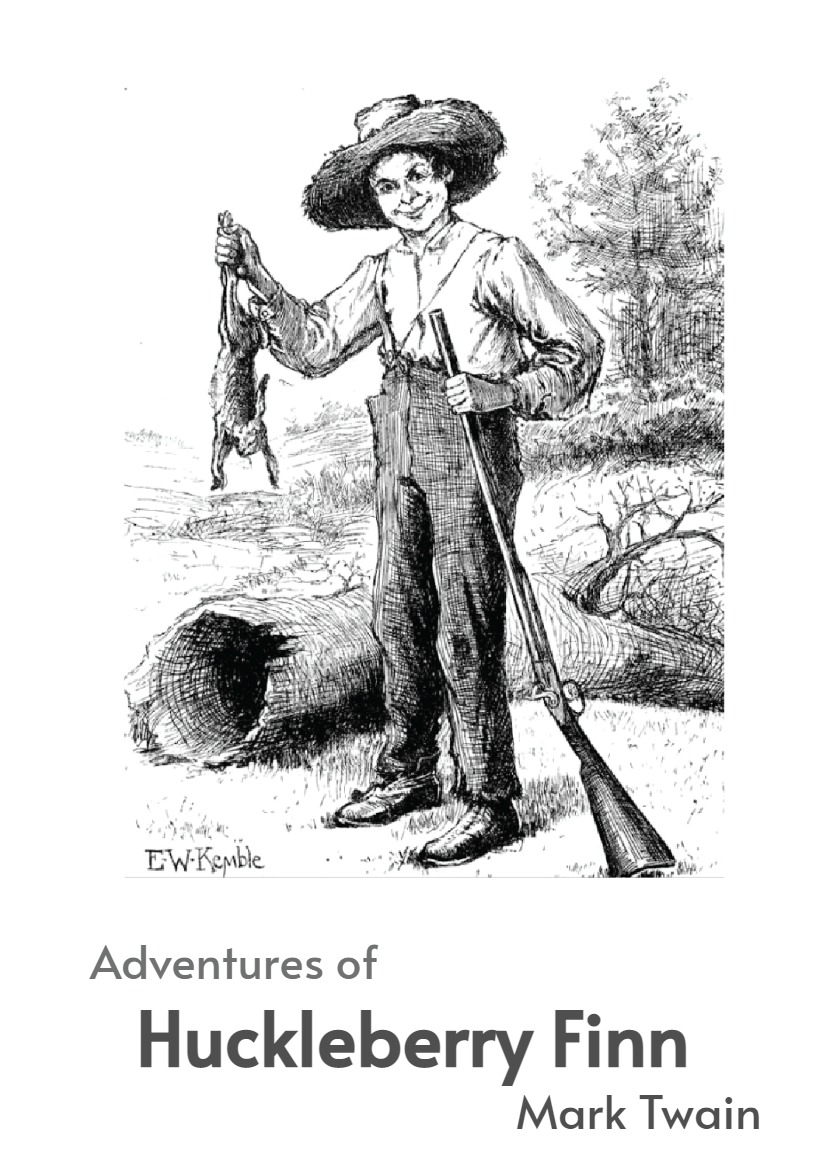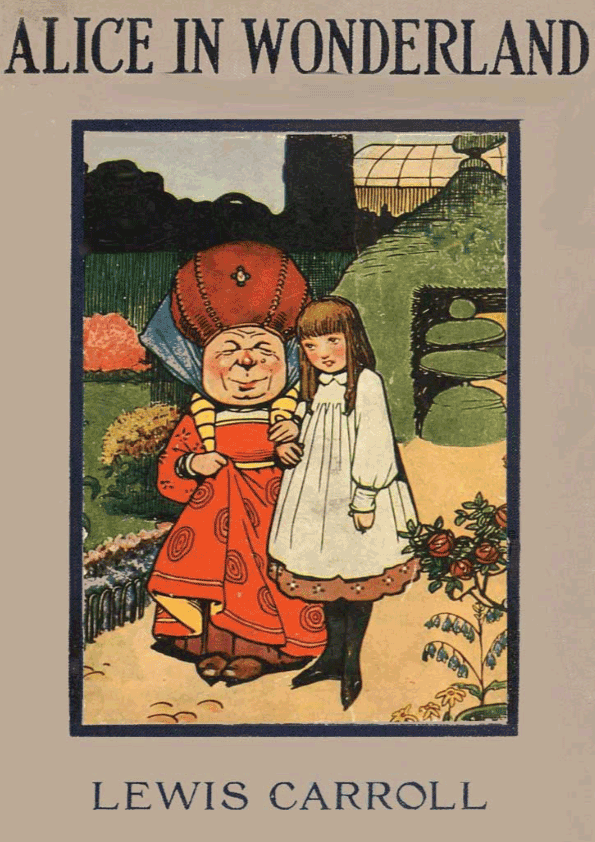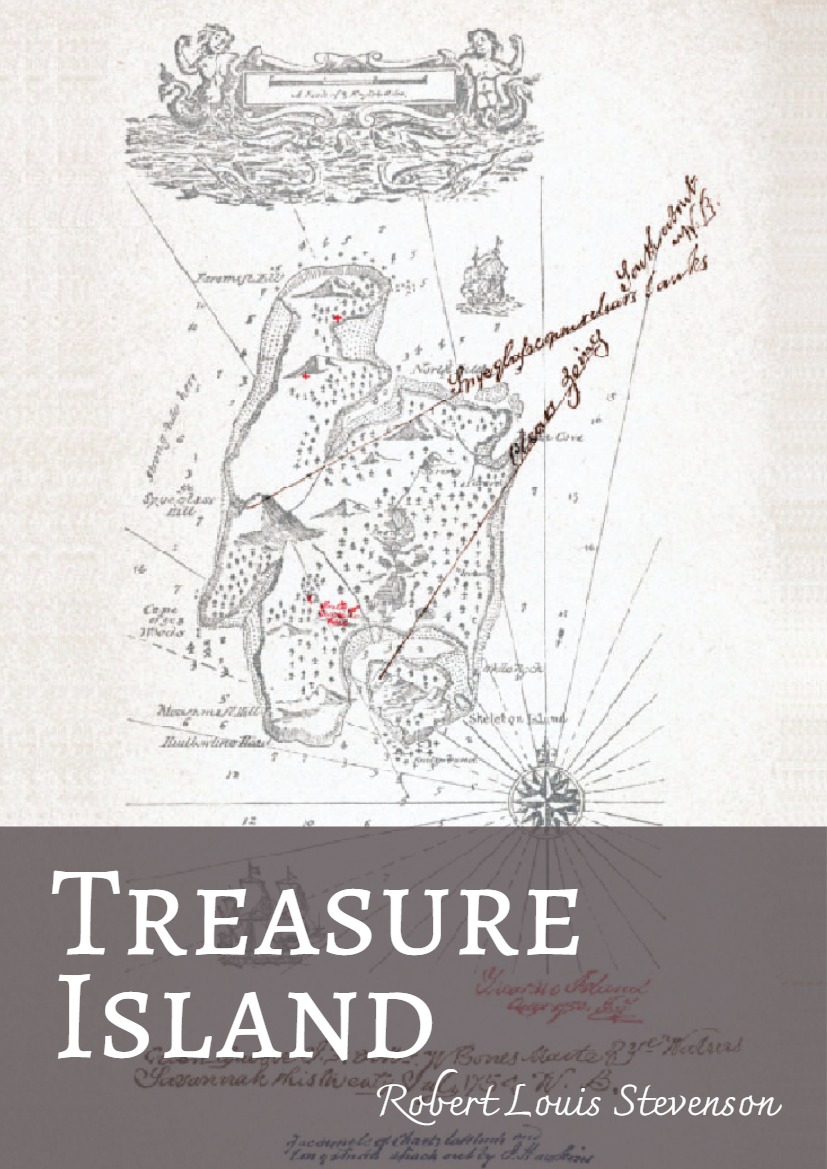In 1911 the soon-to-be poet laureate Robert Bridges published the poems of Digby Mackworth Dolben, a school friend who had drowned to death at the age of 19 almost half a century earlier. Carl Miller looks at Bridges’ lengthy introduction in which he tells of the short and tragic life of the boy with whom fellow poet Gerard Manley Hopkins was reportedly besotted.
Popular success came late in life to Robert Bridges—not that he much cared.
When the journalists finally descended on his house in the summer of 1913 he responded first with indifference; and then not at all, leaving their importuning knocks unanswered. One might suspect that he had learned to hate the press from Tennyson, whose grand performance as Poet and Sage had burdened the Victorians of Bridges’s generation with an interpretation of the role whose hoary magic they could never quite forget, however much they’d come to hate the trick; but Bridges’s own reserve was deeply felt and honestly acquired.
He was born in 1844 into a wealthy family of the Kentish gentry, and as such he had no need of ever living by his pen. He loved poetry but studied medicine, believing that a physician’s practice would ground his literary efforts in what a platitudinous friend would later call “a knowledge of men.” He intended to retire at the age of forty to a life of writing; but he found after all that a little knowledge of men goes a long way; and following a serious illness he decided to pack in his doctor’s kit ahead of schedule. Raised as he had been among a tribe of rentiers whose arbitrary privilege was dignified by time and the speciousness of heraldry, he had a certain grandeur of manner, which his success as a college oarsman had only reinforced. Physically imposing, he was in his later years likened to Olympian Zeus, with white luxuriance of beard, and fingernails that had been hardened into talons by his unwillingness to bathe in water that was anything but cold. If he seemed imperious from a distance, he was among his friends good-natured, frank, and easy: his lordliness remained confined to the domain of literature, where it was ironized by the almost total apathy with which his work was publicly received.
His poems he had privately printed in small editions, austerely designed but sumptuously made; and costly. His eccentric publishing program was part of a more general revival of interest in the craft traditions of bookmaking that was then in the air. Connoisseurs, aesthetes and antiquarians hunted stalls and attics for forgotten treasures and rejected masterpieces; and small presses sprung up to produce new volumes that could be shelved with justice among those vellum bindings in the private dusk of any velvet-curtained study. Bridges’s own books were of this species, printed on handmade paper and set in the obsolescent type that a friend had found at the Clarendon Press in Oxford under a century of dust. Their very limited impressions tended to sell out; they were even profitable; but the demand for them was not so great that any avaricious publishers came calling. And he grew old in this career: esteemed by some, but never in fashion, even as the fashion swung from the overripeness of the 1890s to the jaded sobriety that marked the century’s end.




